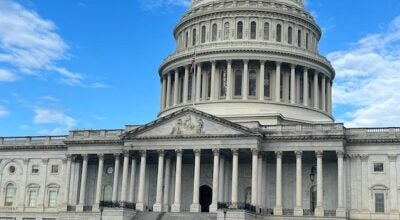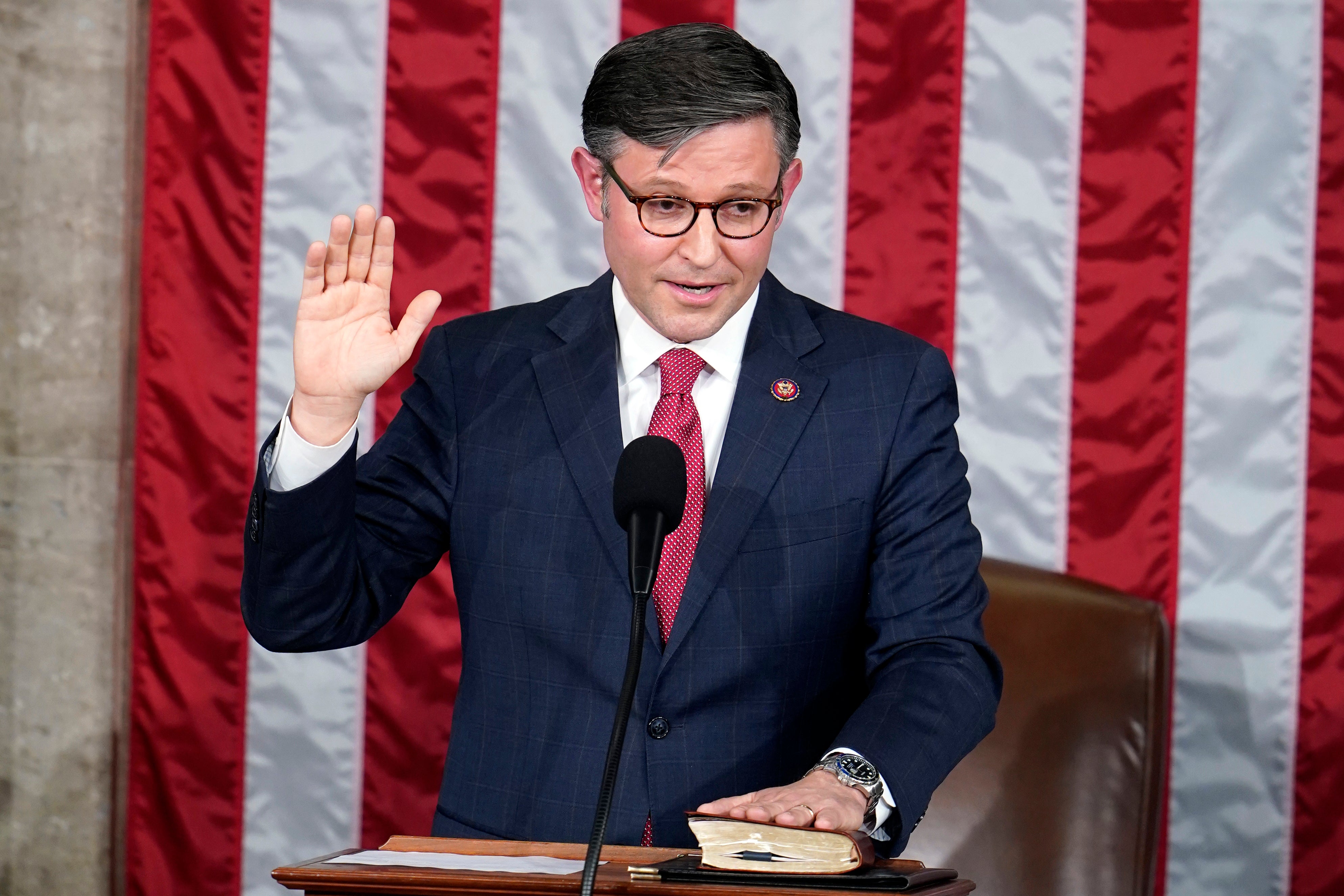Louisiana delegation split on fiscal cliff vote
Published 9:21 am Wednesday, January 2, 2013
BATON ROUGE (AP) — Louisiana’s congressional delegation split in voting over the deal to prevent the so-called “fiscal cliff” of widespread tax increases and deep spending cuts, with most of the state’s Republican members rejecting the compromise.
While Democratic Sen. Mary Landrieu and Republican Sen. David Vitter supported the legislation, a majority of the state’s U.S. House delegation opposed it late Tuesday night in the final vote that sent the bill to President Barack Obama’s desk.
The dean of Louisiana’s House members, Rep. Rodney Alexander of Quitman, was the state’s only Republican in the chamber to support the legislation. He joined with Democratic Rep. Cedric Richmond in voting for the bill, amid concerns that without a deal, the tax hikes and spending reductions could send the nation’s economy back into recession.
“I just thought it was what we needed to do,” Alexander said Wednesday.
He said he didn’t want to see taxes rise on anyone, but he noted that the Bush-era tax cuts already had technically expired when the House voted on the last-minute fiscal deal. So, Alexander said he was supporting a tax cut for most people around the country.
“What we were voting on was the largest tax decrease in the history of the nation. What we did was we lowered taxes for 98 percent of the American public, and we made them permanent,” he said.
Louisiana’s five other GOP House members — Reps. Charles Boustany, Bill Cassidy, John Fleming, Jeff Landry and Steve Scalise — voted against it, criticizing the measure of relying too heavily on tax increases to help shrink the federal deficit instead of using spending cuts. They joined many other Republican House members in opposing the measure.
The deal keeps income taxes from rising on the middle class and the poor, while allowing those taxes to increase on the rich and postponing decisions on more than $100 billion in defense and domestic spending cuts. A two-year, 2-percentage-point cut in the Social Security payroll tax was allowed to expire across the board. No decision was made on raising the federal borrowing limit to allow the country to continue paying its bills, though the debt ceiling could be reached within a few months.
Fleming, of Minden, said the deal that passed enacts $10 of tax increases for every $1 of cuts and increases federal spending on unemployment benefits and other areas of government, while delaying needed decisions on changes to entitlement programs and the debt ceiling.
“I came to Washington four years ago on a promise to fight for less taxes, smaller government and economic freedom. The bill that I voted NO on last night will increase taxes, allowing for more wasteful government spending and for a larger and more intrusive federal government,” Fleming said in a statement Wednesday.
Other members of Louisiana’s congressional delegation echoed similar sentiments.
Boustany, of Lafayette, said the measure was a “fundamental failure to address one of the biggest problems facing our nation today: government spending.”
Landry, a tea party favorite who lost his runoff bid to Boustany as the state lost a congressional seat, opposed the “fiscal cliff” deal as his last vote in the U.S. House. He said the legislation “only transported Americans to a higher cliff from which to fall,” rather than solving fiscal problems.
U.S. Sen. Mary Landrieu





